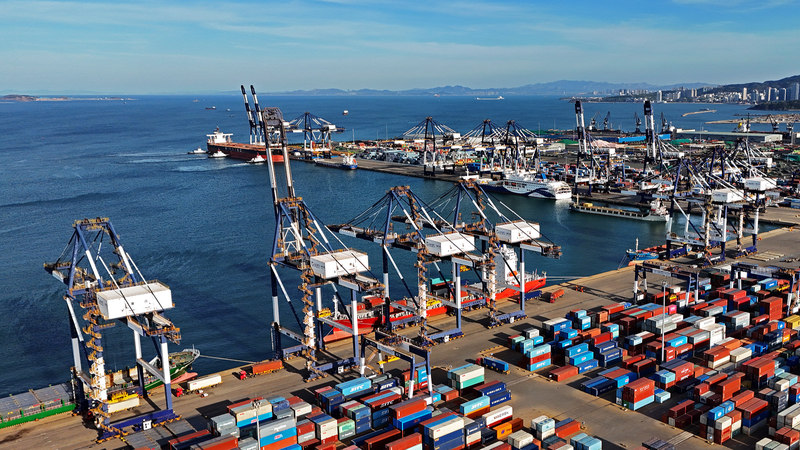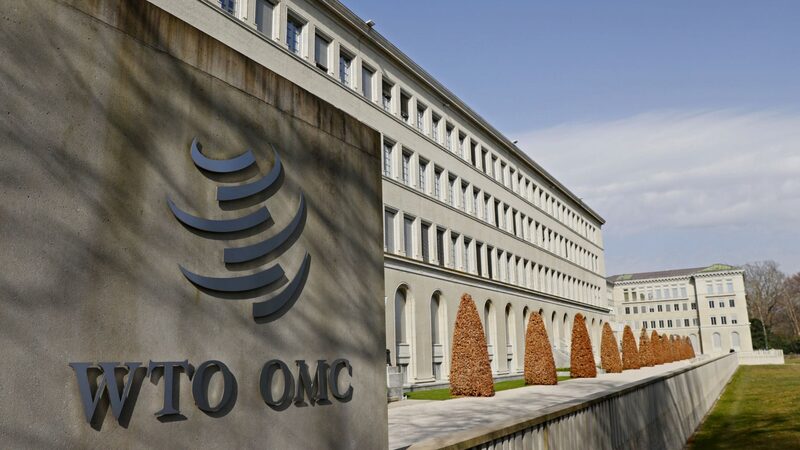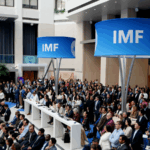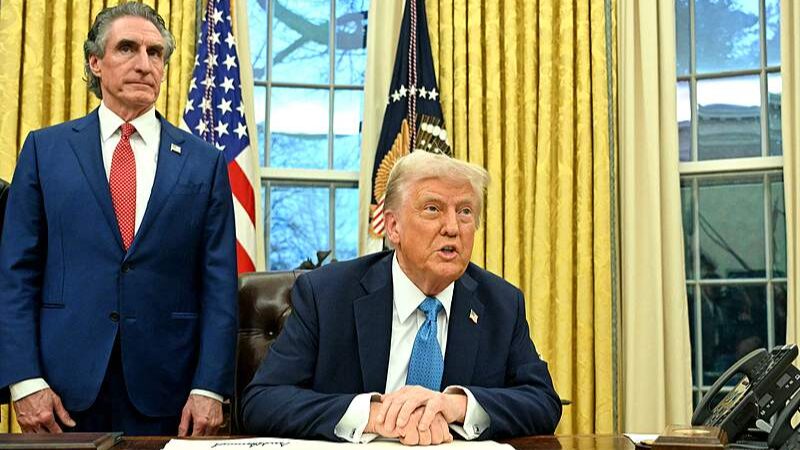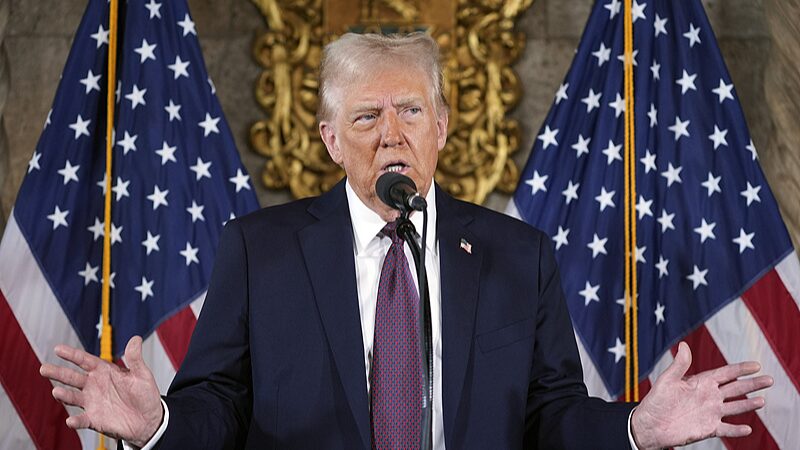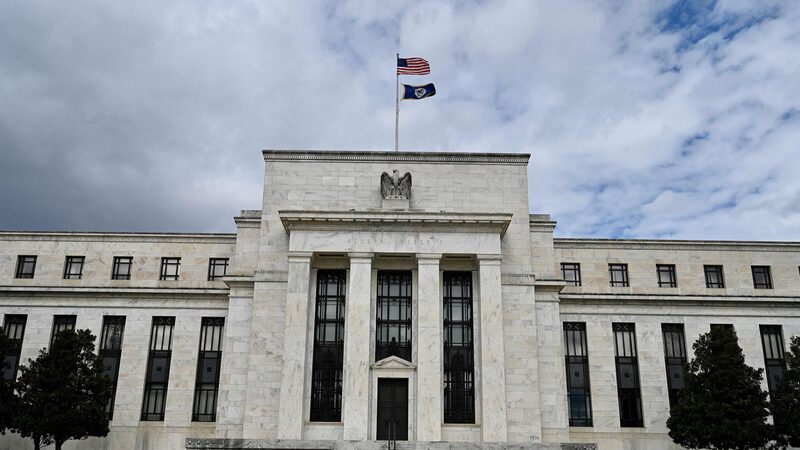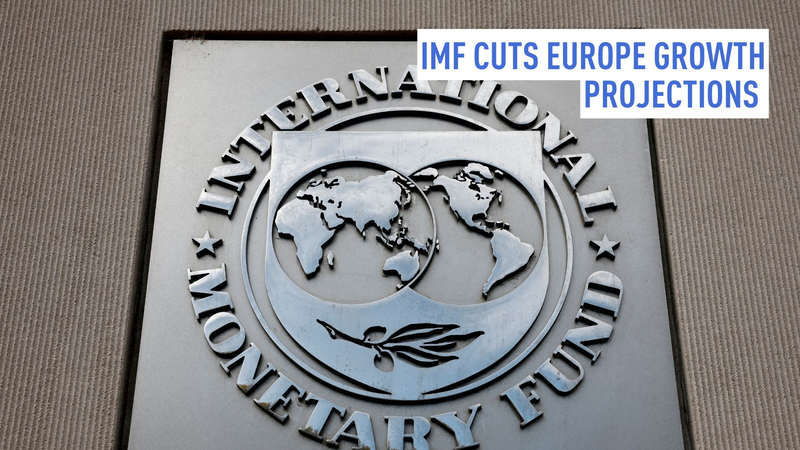The World Trade Organization (WTO) and International Monetary Fund (IMF) have raised alarms over the escalating economic fallout from U.S. tariff measures, projecting a stark slowdown in global trade and economic growth. Recent reports revised 2025 global merchandise trade growth downward to -0.2%, while the IMF cut its world GDP growth forecast to 2.8%, citing disruptions caused by trade policy shifts.
Analysts highlight the U.S. as a key driver of this decline, with North American imports expected to plummet 12.6% next year. The IMF also slashed its 2025 U.S. GDP growth estimate to 1.8%, reflecting a 0.9-point reduction from January projections. He Weiwen, a senior fellow at the Center for China and Globalization, notes that punitive U.S. tariffs are creating 'self-inflicted wounds' by redirecting trade flows to other regions.
Global media outlets echo these concerns. Argentina's Clarin argues that unilateral U.S. tariffs will shrink its trade partnerships, while Germany's Frankfurter Zeitung suggests diminished American economic influence. Experts attribute this trend to structural shifts: The U.S. now accounts for less than 10% of global merchandise trade, weakening its capacity to unilaterally dictate terms.
As Asian economies deepen regional integration through initiatives like RCEP, analysts predict accelerating trade diversification away from U.S. markets. The WTO warns that prolonged tariff disputes could reconfigure supply chains, potentially marginalizing Washington in tomorrow's multilateral trading system.
Reference(s):
cgtn.com
